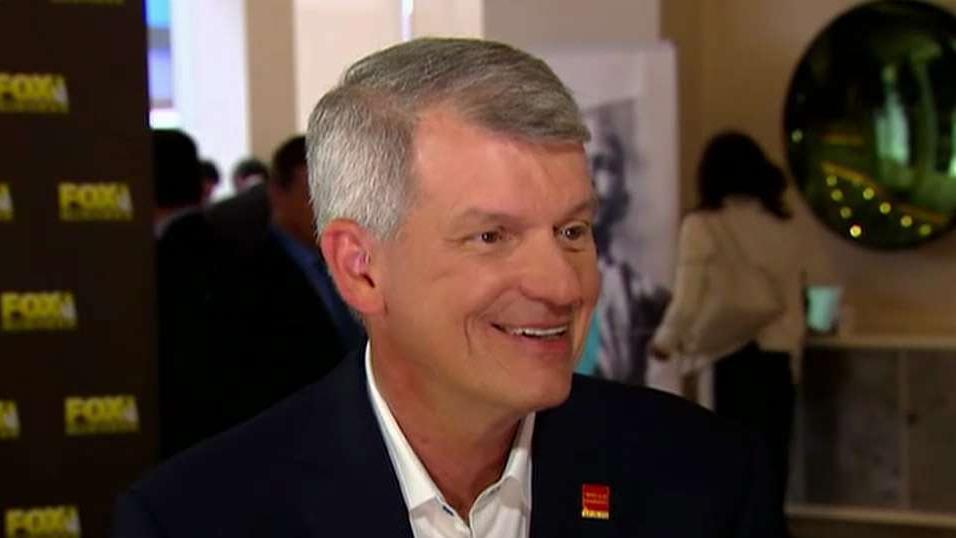Wells Fargo fined over futures-trading violation
Wells Fargo will pay a $187,000 fine for violating futures-trading rules at the Chicago Mercantile Exchange (CME), the exchange announced on Friday.
The fine, first reported by The Wall Street Journal, comes as the bank is working to repair its image, damaged in a series of ethical lapses that allegedly entailed taking advantage of customers.
Last week, The Journal reported that Wells Fargo adjusted corporate customers’ information on documents without their knowledge or consent. In a statement, Wells Fargo said the documents were for internal use only and no customers were negatively impacted.
Earlier this month, Wells Fargo came under fire after it was revealed that it kept rebates that should have been deposited in a Tennessee public pension fund.
In September 2016 the bank was issued a total of $185 million in fines for creating as many as 3.5 million fake bank and credit card accounts.
The fine issued on Friday covers two incidents, one in 2015 and the other in 2016. A Wells Fargo trader “pre-hedged” block trades in Treasury futures. A block trade is a privately negotiated order, usually submitted by an institutional investor or hedge fund, for a large number of securities – typically 100,000 shares of stock or $200,000 worth of bonds – to be exchanged between two parties at an arranged price. At the time, the CME forbade the firms that executed those orders, like Wells Fargo, from hedging risk on a block trade based on the position they believe would result from the transaction before it was carried out. “Pre-hedging,” as it is known, could hurt the price for the broker’s clients.
The CME also said the bank did not train the trader on the rule that was broken.
Wells Fargo declined to comment on the fine.
More fines may be in the pipeline. The U.S. Labor Department is also reportedly looking into whether Wells Fargo pressured participants in lower-cost corporate 401(k) accounts to roll their savings into more expensive IRA plans when they retire or leave their jobs, according to reports released last month. Investigators are examining whether the bank encouraged savers to purchase in-house funds that would have increased its own revenue.
Meanwhile, last month, the Consumer Financial Protection Bureau and the Office of the Comptroller of the Currency announced that Wells Fargo had agreed to pay a $1 billion fine as part of a settlement after the bank forced an auto loan insurance program onto hundreds of thousands of consumers that did not need it and mischarged consumers for certain mortgage interest rate lock extension products.




















